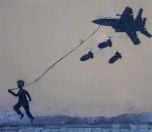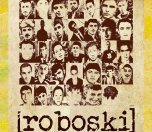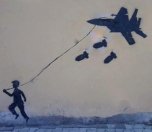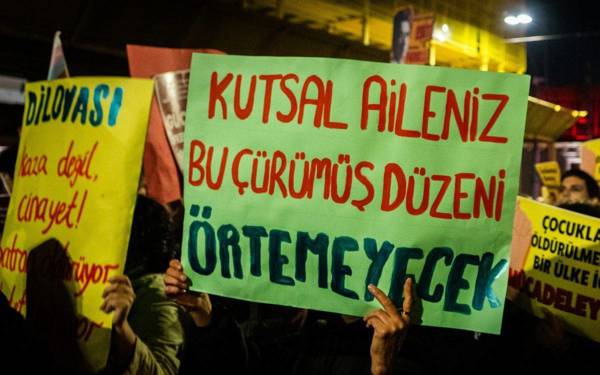Click to read the article in Turkish / Kurdish
"Without conjuncture changing, it is impossible for justice to be served. When did you see that perpetrators of a massacre, where heavy violations of human rights were collectively committed, were put on trial? It is very hard to take a step unless the policy of impunity in Turkey changes."
Attorney Neşat Girasun from Diyarbakır Bar Association makes these remarks on the legal process regarding the Roboski Massacre.
In Roboski village of southeastern province Şırnak, 34 people lost their lives, 19 of whom were children, as a result of the bombing by planes which belong to the Turkish Armed Forces (TSK) on December 28, 2011.
It has been seven years since the massacre took place.
None of those who are responsible for the massacre appeared before court, the perpetrators were not even identified.
But the Roboski people's demand for justice has never ended.
"A result of the policy of impunity"
On May 17, 2018, The European Court of the Human Rights (ECtHR) rejected the application regarding the case on the ground that it was "inadmissible."
The application, which was previously rejected by Turkey's Constitutional Court on the ground that the applicant lawyers did not send the missing documents in due time, was rejected by the ECtHR on the same ground.
Underpinning that there is a serious policy of impunity regarding the Roboski Massacre, attorney Girasun says, "If a new era begins when the law and democracy work, justice can be served for Roboski."
Girasun is of the opinion that there is nothing left to do legally in Turkey:
"The Constitutional Court does not give a verdict on the merits of the case. It gives a verdict on procedures. It does not say a single word on the merits of the case. It shows the point of view of the state. Unless a new witness, perpetrator, evidence or document emerges, I do not think that there will be a new development regarding the case."
"Roboski is a matter of conscience"
Dr. Kerem Altıparmak, an assistant professor of legal studies who has been following the case closely, says that new evidence should emerge for progress as well:
"Unless there is not a new development regarding the case, a step cannot be taken. We as the lawyers, in all conscience, have to follow the case. Knowing that it will end up without punishment, we should bring the case to new stages. This issue is as conscientious as it is legal, an issue all the lawyers should think about."
According to local sources who have spoken to bianet, a group of attorneys will bring the case to the United Nations (UN) in the first two months of 2019. The sources told that the move is still "at the planning stage" and an official statement will be made to the public when the appeal to the UN is done.
What happened?On December 28, 2011, 34 people were hit by fighter jets in the village of Roboski in Uludere district of Şırnak province in southeastern Turkey. On June 11, 2013, Public Prosecution of Diyarbakır issued a decision of non-jurisdiction on the case due to "reckless homicide" and sent the case to Military Prosecution of General Staff. Military Prosecution decided not to prosecute the case further on January 7, 2014. Lawyers of the victims' families objected to the decision, but they were rejected. Following this, the case was brought before the Constitutional Court. In a preliminary administrative examination of the application and its attachments, the court demanded some missing documents in the application be submitted yet the application was rejected on February 24, 2015 due to "outstanding documents not being submitted in time". The 281 applicants affected by Roboski Massacre made an application to the European Court of Human Right on August 23, 2016 claiming human rights violations and particularly the right to life. |
(EMK/VK)





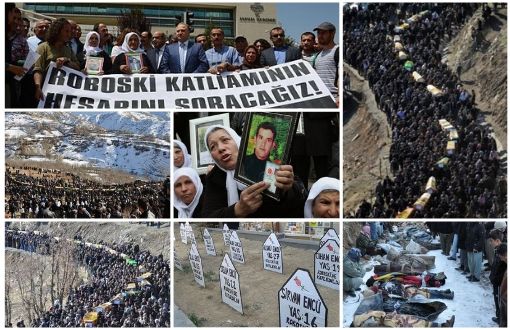

-132.jpg)
